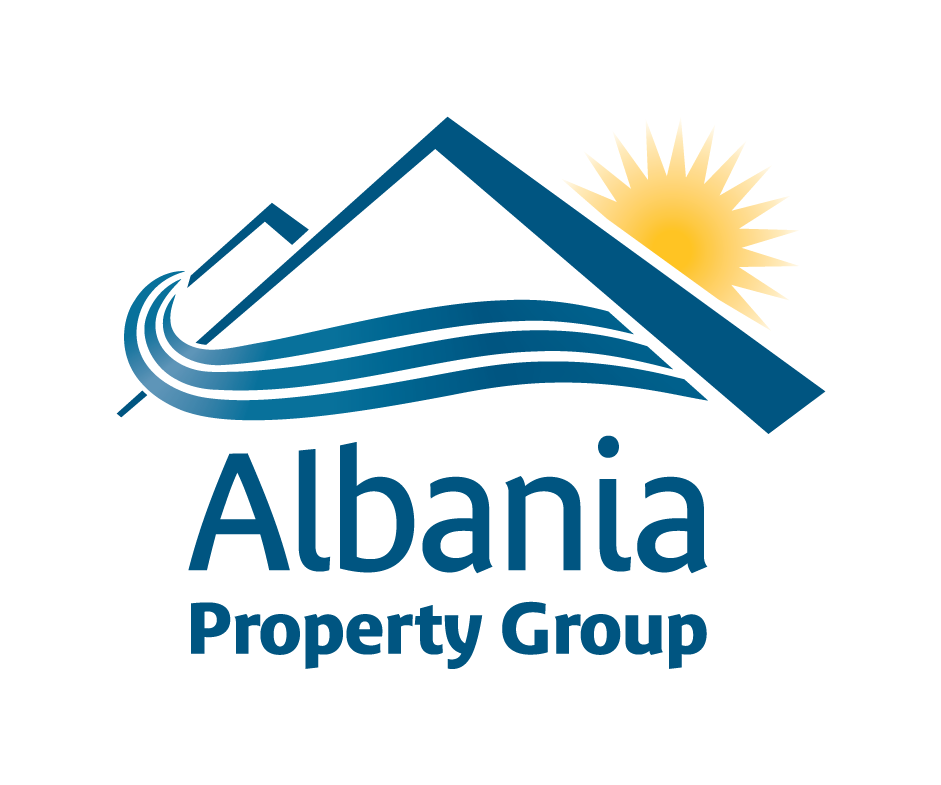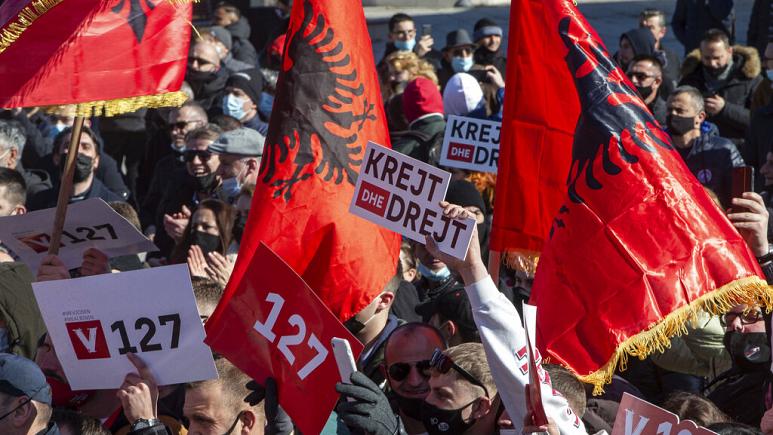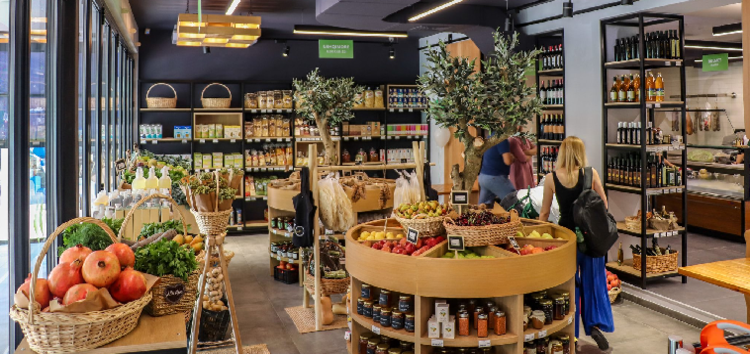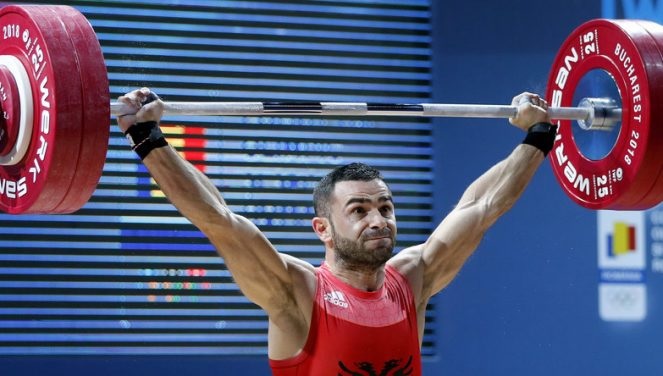

News
How EU enlargement apathy could push Kosovo and Albania to join forces
On a visit to Albania in March, Kosovo’s new prime minister, Albin Kurti, called on Albanians to vote for change as Kosovars did on February 14: “Albanians deserve better,” he said.
Kurti, an ethnic-Albanian along with around 90% of Kosovo’s 1.8 million population, urged voters to elect the members of his leftist-nationalist Vetevendosje movement who are running for seats in the Albanian parliament on April 25 on an anti-corruption mandate.
It was anti-corruption and opposition to entrenched political elites that led to Vetevendosje’s landslide election on February 14. Kurti now serves as prime minister while his ally, Vjosa Osmani, was sworn in as president on April 4. Vetevendosje has 58 seats in Kosovo’s 120-seat parliament, a working majority with the support of 10 non-Serb minority politicians.
In Albania, such a result is extremely unlikely, especially given that Vetevendosje is competing in just three counties with its leader, Boiken Abazi, running in the capital Tirana. Albania’s election later this month remains a two-horse race, with Edi Rama’s Socialist Party and the Democratic Party of Albania, under Lulzim Basha, the two main parties.
Vetevendosje, which has only been active for two years in Albania, may not even pass the 1% threshold to enter parliament, according to recent polls.
It is the nationalist part of Kurti and Vetevendosje’s "leftist nationalist" designation that relates to unification - or reunification, as it is referred to in both countries.
Ever since Kosovo declared its independence from Serbia in 2008 the two nations have established shared diplomatic missions and signed as many as 140 bilateral agreements, and during the war with Serbia in 1998 and 1999, Albania opened its doors to hundreds of thousands of Kosovar refugees fleeing violence and ethnic cleansing.
For many Kosovars, a union with Albania would provide security against an increasingly expansionist and nationalist Serbia, and make it more difficult for Belgrade to meddle in the politics of its neighbour via Kosovo’s 120,000-strong Serbian minority. It is also seen as an alternative to Kosovo’s perennially-stalled negotiations with the European Union.
Unification would likely be opposed by all of Kosovo’s international allies and would scupper the EU and US-brokered dialogue with Serbia. As such a referendum on a union with Albania has often been threatened by politicians in Kosovo when relations are particularly strained with Brussels or Washington, much to the chagrin of American and European leaders.
Anti-corruption
In 2019, Hashim Thaci threatened to hold a referendum on Kosovo joining Albania, although Kosovo’s constitution currently lacks the mechanism to do so. In February 2021, Kurti told Euronews that if a referendum were held on unification - or re-unification, as many Kosovars refer to it - he would vote in favour of Kosovo joining a federation with Albania.
But despite its long and storied history and huge support in Kosovo - a recent poll had 64% of Kosovars saying they would vote yes - it was not a major campaigning issue for Vetevendosje in the run-up to the February poll. It was as a leftist and not a nationalist party that Vetevendosje dominated - and ultimately triumphed - on February 14.
“Lëvizja Vetëvendosje (LVV) of Kosovo managed to clinch to power only when it ditched its nationalist rhetoric and ran on an anti-corruption campaign,” Alfonc Rakaj, an analyst, told Euronews.
“Ethnic Albanians are first and foremost concerned with welfare, economic prosperity and stability. As a result, it is imperative to improve living standards, boost democratic credentials and accountability as a counterweight to nationalist appeal.”
Just as Vetevendosje avoided the issue of unification in the run-up to February 14, so its Albanian sister party has in the run-up to 25 April. That, analysts say, is for the best.
“It doesn’t resonate with Albanians and is practically a non-issue for the public at large,” said Rakaj.
Abazi, Vetevendosje’s candidate in Tirana, told Euronews Albania that he supports a referendum in both states on unification. But in its campaign, it has focused on the issue indirectly: for example, by lobbying for a lifting of the toll on the highway that connects Kosovo and Albania. Mostly its campaign has echoed Kurti’s: combatting corruption and tackling elites.
While nationalism has seen a resurgence recently in countries such as Serbia and Hungary, that has not been the case in Albania. In 2013, for example, a newly-established nationalist party, the Red and Black Alliance called for unification with Kosovo during elections and secured less than 11,000 votes nationwide. Its leader’s call for a referendum was largely ignored.
Unlike Kurti, Albanian Prime Minister Edi Rama has not often commented on the issue of unification. In 2017, he told Politico that he could not rule out a "little union" between Albania and Kosovo if the EU decided to take membership off the table. But he has never come out formerly for or against in the way Kurti has several times in his political career.
Rama, as well as Kurti - despite his recent comments - likely realises that given that the response of the international community would be unified and strongly against, to openly push for it would be against the interest of either country and a waste of political capital, especially given that the actual political and economic benefits of a union are largely unknown.
If anything, dealings between the two countries have been increasingly strained in recent years, Rakaj says, with the European Union recently downgrading their relationship from "excellent" to "good". In this, Kurti will not have improved matters by his March comments, a direct attack on nearly eight years of Rama’s rule and the elites that dominate most of Albania’s political parties.
And not for the first time. On November 28, 2020, Vetevendosje was due to hold a march on Albania’s Anniversary of Independence to protest the toll fees on the Albania-Kosovo highway and lobby for a common market between the two states.
Dejona Mihali, a Vetevendosje coordinator, said Albanians should join the march to protest the government’s use of public-private partnership contracts.
Although it was cancelled due to the coronavirus pandemic, Rama criticised Vetevendosje in a television interview, arguing that it was inappropriate for a Kosovo-based party to use Albania’s national day to make a political point. “Imagine if the Socialist Party called for a protest on Kosovo’s Day of Independence: What would people in Kosovo think about this?” he said.
But it goes both ways. In 2018, during a speech to Kosovo’s parliament, Rama suggested that as Kosovo and Albania would have a shared foreign policy and diplomatic missions, perhaps the territories should also have a single president. Avdullah Hoti, later prime minister of Kosovo, said Rama’s comments “showed a lack of respect” for Kosovo’s independence.
Hoti continued, in a Facebook post soon after Rama’s speech, that the preference for Kosovars was an independent state that was integrated into both the European Union and NATO.
His comments illustrate that for many Kosovars, a union with Albania is the second-best option, a Plan B to be enacted if and when European integration is taken off the table. Unlike the rest of the Balkans, citizens of Kosovo still do not have visa-free travel to the EU while its lack of recognition by five European member states keeps the prospect of joining the bloc in limbo.
Progress has been made dependent on dialogue with Serbia, which itself is stalled given the political chasm between Pristina and Belgrade. Since his election, Kurti has said only an apology, full recognition and war reparations from Serbia will be sufficient to reach a deal that normalises relations, something that Serbia’s nationalist government would never accept.
https://www.euronews.com/2021/04/08/how-eu-enlargement-apathy-could-push-kosovo-and-albania-to-join-forces
Albanian organic food store MIA improves safety and sustainability
EBRD and EU help Albanian agribusiness acquire produce safety certificate
Blessed with a warm Mediterranean climate that colours its farmland with lush green hues, Albania has all the features of a leading agricultural realm. Migena Malo runs MIA, an organic grocery store in Tirana’s city centre whose crates of fresh fruits and vegetables put nature’s bounty on display for locals and tourists alike. Although organic, sustainable agriculture is on the rise in Albania, the sector remains largely unconquered. Migena, however, is about to change that.
An advisory project supported by the EBRD and the European Union’s Western Balkans Enterprise Development and Innovation Facility (WB EDIF) helped MIA implement organic food standards and strengthen its brand on the local market.
An authentic taste of Albania
It is a gastronomic truth that the best recipes come from one’s own garden. Migena certainly gives credence to this notion. Her organic store MIA, an acronym for ‘Made In Albania’, is a local gem that sources from local farmers tomatoes, aubergines and blueberries, as well as dairy and poultry products, all free of pesticides.
Migena’s produce is her source of pride, as she has vested all her efforts into building a unique brand, recognised for its adherence to industry standards and best practices.
Like her siblings, Migena spent time studying and living abroad. When she came back to Albania, she joined her family’s business, MIA, quickly assuming a leadership role and putting all her entrepreneurial energy behind driving the fledgling business forward.
“I knew that if we were going to deliver on our long-term goals, we had to open a physical location for our products,” says Migena. She strengthened the company’s online presence and opened a second store, located in the heart of Tirana.
When Migena noticed that MIA had started to incur waste because of the company’s commitment to fresh produce, she launched an in-house kitchen, recycling unsold fruit and vegetables into traditional meals offered during lunch hours.
“People miss homemade food in Albania.... Our kitchen is my way of bringing back the taste of local cuisine. The clients love it. They come to me and say, ‘This tastes just like home,’” she adds.
At the time, the market for organic food was in its infancy, and as demand grew, it became harder for Migena to ensure her suppliers met the requisite standards. She moved the production in-house and invested in her very first greenhouse and hiring more workers - primarily women - to support her new venture.
Harvesting the potential of Albania’s organic farming
To ensure she could continue to follow the appropriate rules and regulations governing organic production, Migena turned to the EBRD for assistance.
An advisory project financed jointly with the WB EDIF helped MIA prepare for and acquire the GLOBALG.A.P. (Global Good Agricultural Practices) certificate, a widely recognised standard in advanced food safety and sustainability. The benchmark will support marketing efforts and help the store attract more clients.
“We feel a real sense of duty and responsibility towards our clients,” says Migena. “As a team, we now understand what it means to produce organically and what sustainability standards we have to fulfil to deliver on that promise.”
Finding meaning in the little things
Migena sees the pandemic as a chance to step back and cherish the simple things in life, and MIA as the perfect setting in which to achieve this.
“One of our clients was prescribed a specific diet for health reasons and they found every item in our little store,” she says. “It is moments like these, when you see how your efforts have truly benefitted others, that you grasp the real meaning of your work and find the passion you need to get through tough days.”
Although Migena is currently focusing on strengthening the brand and solidifying her client base, she is also working on a five-year plan that envisages opening more shops across Albania, supporting the livelihood of local farmers dedicated to sustainability.
ebrd.com/news/2021/albanian-organic-food-store-mia-improves-safety-and-sustainability.html
Albanian Weightlifter Wins Medals at European Weightlifting Championships
Albanian weightlifter Briken Calja won two bronze medals and one silver medal at the European Weightlifting Championships this week.
He was ranked third overall, lifting 336 kg in total.
Calja failed in the first test with 183 kg while in the second round he managed to lift 184 kg, winning him the silver medal.
While in the detachment style Calja lifted 152 kg and was ranked fourth.
The athlete was born in 1990 in Elbasan and competes in the 73kg category since 2018. He competed for the 2012 Summer Olympics, finishing 9th in his weight class after lifting a total of 320kg. He then took part in the 2016 Summer Olympics in the 69kg category, finishing in 5th place after lifting 326kg. He became European Champion in the European Weight Lifting Championship in 2018, held in Bucharest.
https://exit.al/en/2021/04/07/albanian-weightlifter-wins-medals-at-european-weightlifting-championships/










